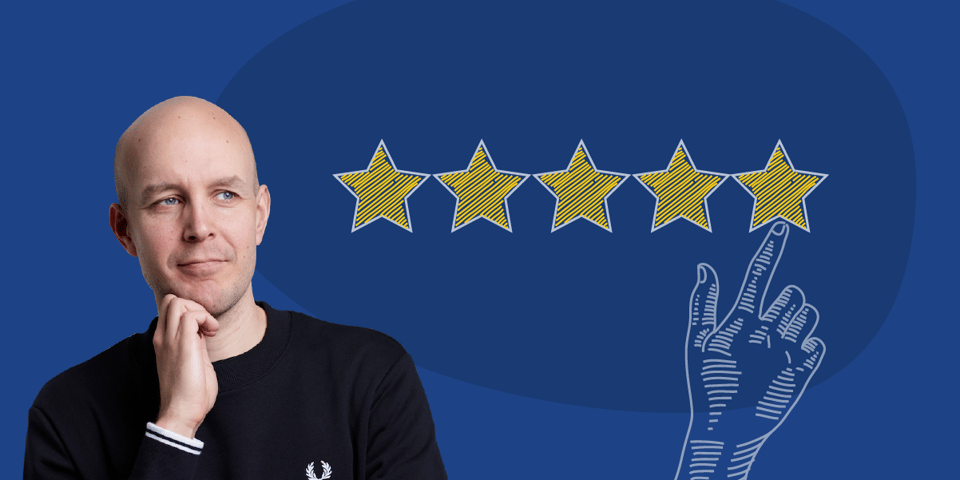Are you considering studying an Executive MBA (EMBA) to update your knowledge, advance your career or develop yourself as an individual?
Here are a few things to think about when selecting the right programme for you:
Degree vs qualification
When studying an EMBA, are you looking for a master’s degree or a qualification programme? In Finland, studying an EMBA programme does not automatically lead to a master’s degree even though the programme offers 90 ECTS.
According to the Finnish education system, MBA programmes provided by Finnish institutions are considered qualification programmes – or adult education – but not master’s degrees.
In contrast, the Henley EMBA qualifies for university-level master’s degree status. This is because the Henley EMBA is part of the official degree system in the United Kingdom, where an EMBA is considered a higher academic degree just like other degrees that are completed at a university.
Studying the Henley EMBA therefore leads to an internationally recognised master’s degree.
Accreditations and rankings
It’s not enough to graduate with good grades from any school any longer. The school you’ve graduated from really does matter! Your degree needs to come from an accredited, high-ranking university.
If you are looking for high-quality education, you should select a school with accreditations from the most sought-after international organisations: AACSB, AMBA, EQUIS. To date, there are only 108 business schools in the world that hold all three accreditations – and Henley is one of them. In fact, Henley was the first business school based in Finland to receive the coveted “triple crown”.
In addition to accreditations, you should look at the school’s rankings. Some of the world’s most prestigious ranking lists for an EMBA are the Financial Times and the Economist.
This year’s Financial Times Executive MBA (EMBA) ranking sees Henley Business School jumped 25 places to rank 40th in the world and 21st in Europe. Our programme is the #1 EMBA programme delivered in Finland and in the Nordics, with top world rankings for the diversity of our faculty body, the programme’s international dimension, and for the aims achieved.
Accreditations and high rankings guarantee high quality and standards of education. Being triple accredited makes Henley one of the top business schools in the world. Both the Financial Times and the Economist rankings position the Henley EMBA as the premier EMBA programme in Finland.
Local vs international
Are you looking for an EMBA programme with a local or an international perspective? Depending on your current role and your future career goals, this might be an important decision to make. It will have a major impact on the content of the programme, the people you learn and study with, your future network and the recognition of your degree.
At Finnish universities, the programme content usually has a very strong focus on the local business environment, and you study with mostly Finnish professors and students.
Henley, however, has a strong international focus. This is reflected in the programme content, the programme’s teaching faculty and the students participating in the programme. Plus, the Henley EMBA is an internationally recognised master’s degree.
Henley offers its programme members a diverse, world-class faculty. Many of the professors are from the UK, but others come from all over the world. Henley’s academics are internationally renowned and widely published experts in their fields, with plenty of practical work experience.
Each Henley Finland programme member will study selected modules abroad. This gives you the opportunity to study with students from other Henley locations around the world. In addition, there are several Global Immersion Study Visits, where programme members from all over the world are immersed in a local culture, bringing their diverse skills to consult businesses on current challenges and learn from one another.
The Henley EMBA offers a unique opportunity to tap into a network of more than 80,000 people in over 180 countries.
Learn more about the Henley EMBA.







